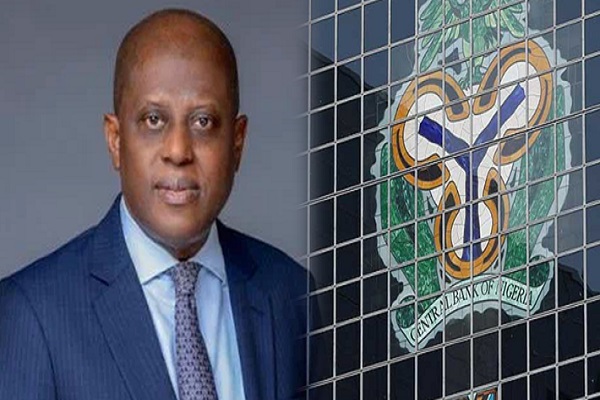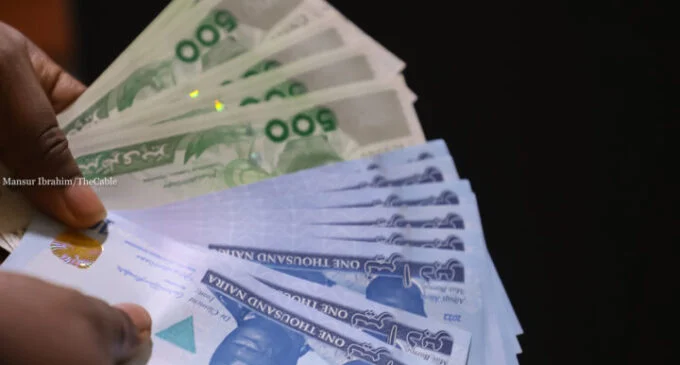The Nigerian Electricity Regulatory Commission (NERC) says international electricity consumers owe $51.26 million for electricity exported in 2023.
NERC made this known in its quarterly report released recently.
Under international treaty, Nigeria sells electricity to neighbouring countries like Benin Republic, Togo, and Niger.
According to NERC, special and cross-border customers include Mainstream-NIGELEC and Odukpani-CEET (from Togo), while Paras-SBEE and Transcorp-SBEE from (the Republic of Benin).
Another category under the international market is the bilateral customers.
NERC said bilateral power consumers did not remit N7.61 billion to Nigeria in 2023.
Bilateral customers are customers that purchase electricity directly from generating companies (GenCos) without a middleman (e.g., bulk trader).
There are currently 16 bilateral customers.
BREAKDOWN OF ELECTRICITY DEBT
In the first quarter of (Q1) 2023, international customers failed to remit $16.11 million while bilateral consumers failed to remit N827 million.
“None of the under-listed international customers made any payment against the cumulative $16.11 million invoice issued to them in 2023/Q1: Paras-SBEE ($3.46 million), Transcorp-SBEE ($3.85 million), Mainstream-NIGELEC ($5.48 million) and Odukpani-CEET ($3.32 million),” the commission said.
“Out of N842.38 million invoice issued by MO to all the eight bilateral customers in the NESI (Nigeria Electricity Supply Industry), only North South/Star Pipe made a remittance of N15.38 million against its invoice of N24.69 million.”
In the second quarter of the review period, the unsettled remittances dropped to $11.97 million and bilateral customers’ debt stood at N2 billion.
“In 2023/Q2, out of the four international customers serviced by market operators (MO), only Transcorp-SBEE made a payment of $1.43 million against an invoice of $2.13 million issued for services rendered in 2023/Q2,” NERC said.
“The three other international customers did not make any payment against the $11.97 million invoice issued to them by the MO for services rendered in 2023/Q2.
“Cumulatively, bilateral customers made a total payment of N816.66m against the cumulative invoice of N2.845 billion issued to them by the MO for services rendered in 2023/Q2.”
Also, in Q3, international customers failed to remit $11.16 million.
For bilateral customers, the commission said they failed to remit N2.8 billion.
The report, however, showed that while only Transcorp-SBEE made payment in Q2 2023, it could not sustain this in Q3, as all four international customers remitted nothing to the federal government.
“In 2023/Q3, none of the four international customers being supplied by Gencos (power generation companies) in the NESI (Nigeria Electricity Supply Industry) made any payment against the cumulative invoice of $11.16 million issued to them by the MO for services rendered in 2023/Q3,” NERC said.
“Similarly, none of the 16 bilateral customers operating in the NESI made any payment against the cumulative invoice of N2.814 billion issued to them by the MO for services rendered in 2023/Q3.”
In the fourth quarter, NERC said special and cross-border customers failed to remit $12.02 million, while debts owed by bilateral consumers were N1.95 billion.
“In 2023/Q4, none of the four international customers serviced by the MO made any payment against the $12.02 million invoice issued to them by the MO for services rendered in 2023/Q4,” NERC said.
“Cumulatively, no bilateral customer made any payment against the cumulative invoice of N1.952 billion issued to them by the MO for services rendered in 2023/Q4.”
NERC said the recurrent delay of remittances by international and bilateral customers should prompt the market operator (MO) to invoke the provision of the market rules to curtail the payment indiscipline being exhibited by the various market participants.

 News3 years ago
News3 years ago
 Entertainment2 years ago
Entertainment2 years ago
 News3 years ago
News3 years ago
 Privacy3 years ago
Privacy3 years ago
 Sports2 years ago
Sports2 years ago
 Entertainment2 years ago
Entertainment2 years ago
 Opinion3 years ago
Opinion3 years ago
 News3 years ago
News3 years ago












